 We’re back with more ‘Inspiring Genealogy Blogs’ posts and interesting articles for you to read.
We’re back with more ‘Inspiring Genealogy Blogs’ posts and interesting articles for you to read.
In this edition we have posts that cover: understanding provenance, on etiquette, ethics and family letters, a big update on the FamilySearch website, archives and why they are important, genealogy conferences, the challenge of Irish genealogy, getting info out of family, and so much more!
So grab yourself a cup of tea or coffee, get comfy, and enjoy some great reads.
As I mention every time, I find that reading blog posts helps me keep up with the latest news, products as well as what’s happening in general in the world of genealogy. And if you happen to already follow me on Facebook, Twitter, and to some extent Google+, you already know that I like to share with you the interesting things I read.
Understanding Provenance
Lisa Louise Cooke covers a topic that many don’t think of, and that is “Provenance”. She writes “in the art world, knowing the provenance of a piece is crucial to understanding its value. Provenance looks at an object’s origins, history, and ownership. These can shed light on whether the piece is authentic. In other words, it tells us whether it truly was created by the attributed artist in the stated timeframe.” The same goes for family history and the records you find. She has a few questions that everyone should ask themselves when they find a new record. Read the full article …
Dragging Genealogy Information out of your Family
Melissa Barker writes on the In-Depth Genealogist blog, something that I’m sure we can all relate to, and that is HOW to get information out of our family. You know they can help you with details and stories, but getting that information can be a challenge. Anyway Melissa gives us great covers numerous methods on how to do just that. Read the full article …
New Technology Reads Ancient Documents Without Opening Them
We’ve all come across fragile records (newspapers, letters, maps, or other documents), that are brittle, and you don’t want to open them, for fear of damaging them. Now there is new technology that is being used to scan records in archives, without even opening them. It’s truly incredible. Read the full article …
The Argument for Building an Offline Version of Your Family Tree
Online tree or offline tree? Or both? For those of you with it online, I recommend you to take a moment to read through the many benefits of having a tree offline. Read the full article …
Why Archivists Don’t Digitize Everything
The Peel Archives in Canada hits the nail on head with this post. They say that one of the most frequently asked questions is “Why don’t you digitize everything?”, which is then followed by “When will you be putting all your records on the web?” So from an archives point of view, this is an interesting read about records, and what gets digitized and what doesn’t. Read the full article …
Why is Doing Irish Genealogy so Challenging, and What Can You Do about It?
Will Moneymaker from Ancestral Findings asks the question that so many with Irish heritage do .. “Why is Irish genealogy such a challenge, and what can you do to make it easier for you?” Here he provides not only an explanation, but also some tips to hopefully open some doors that might help you with your research. Read the full article …
Are Large Genealogy Conferences Going the Way of Microfiche?
Christine writes about the noticeable low attendance at several large genealogy events, and raises the question “are large conferences are going the way of microfiche”. What she writes is interesting, so I urge you to read the full article …
Ethics, Etiquette and Old family Letters
Family historians are all for digging up the secrets … using whatever means it takes, which often includes reading old diaries, journals and family letters. Denise, (aka the Family Curator) writes about the ethics and etiquette of reading (and using) old family letters. Her response might surprise you. Read the full article …
Incorporating Social History into Family History
Sandy writes on the National Institute of Genealogical Studies blog about how she started out as a name collector. “Years later I became a family historian. Besides those names, dates and places, I wanted to know the what, when, where, and how. I needed the meat on the bones.” And she goes of to explain how important understanding the social history of the place and time has been for her and her research. Read the full article …
FamilySearch/FHL Catalog: A Change You Need to Know About
If you use the FamilySearch site to any degree, here is another new change to their site that you need to know about. Read the full article …
Windrush Scandal: A Historian on Why Destroying Archives is Never a Good Idea
I think that any historian or family historian would agree and be horrified at the thought of records being destroyed, but it is a sad fact that some do. This article covers some very interesting points, and is well worth a read. Read the full article …
Happy reading!



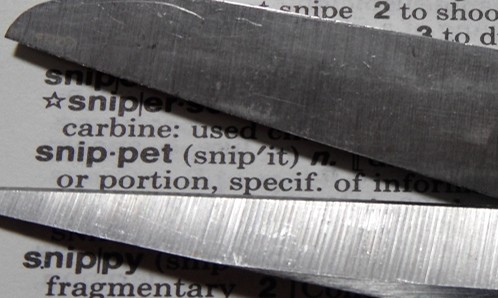
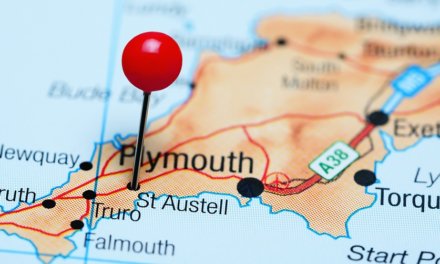
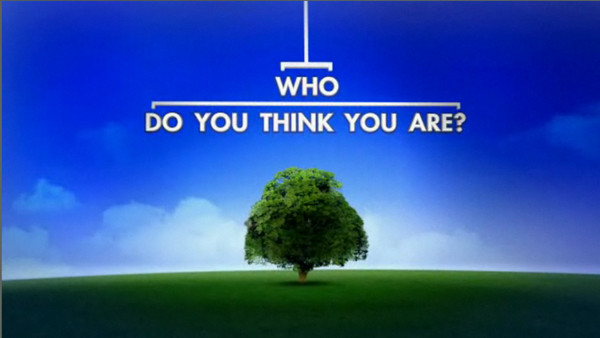
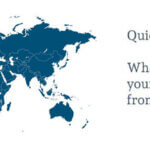
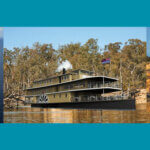
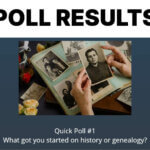
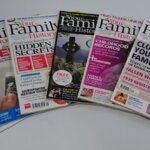

Thank you for such a thought provoking batch of blogs. Appreciated! I really enjoy your ‘inspiring blogs’ posts.